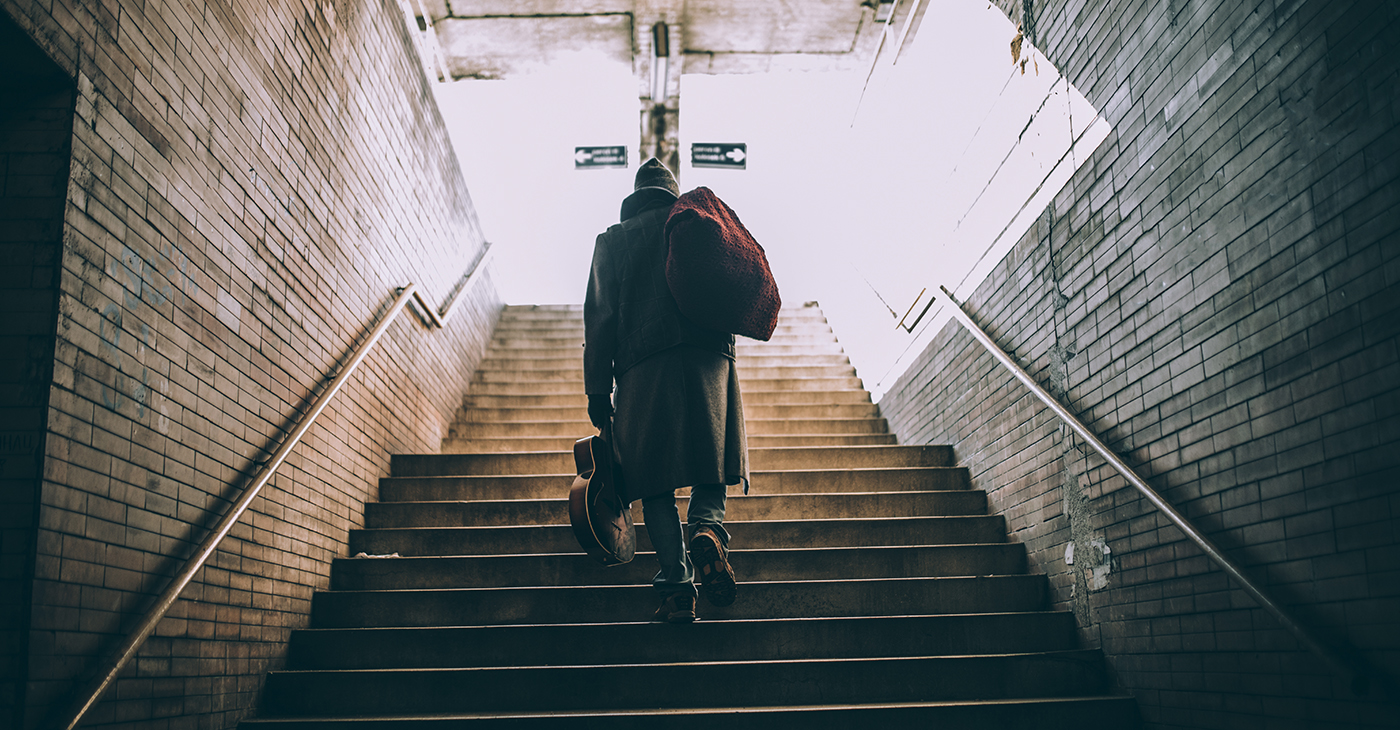#NNPA BlackPress
CDC’s Prescription: Individual Housing for People Experiencing Homelessness During COVID-19 and Beyond
NNPA NEWSWIRE — “We call on hotel owners—and especially those who have been helped with our public dollars through the federal relief package—to act in the public good and make it easy for communities to follow the CDC guidance to quickly place people experiencing homelessness into their vacant rooms for the duration of the pandemic,” stated Maria Foscarinis, Executive Director at the Law Center.

Washington, DC –The Centers for Disease Control and Prevention (CDC) updated their official guidance on COVID-19 to include sheltered homeless populations, stating, “Depending on resources and staff availability, non-group housing options (such as hotels/motels) that have individual rooms should be considered for the overflow, quarantine, and protective housing sites.” The CDC’s guidance for unsheltered populations already emphasizes that “Unless individual housing units are available, do not clear encampments during community spread of COVID-19.” The National Law Center on Homelessness & Poverty (the Law Center) is grateful for the CDC’s guidance, and hopes governments will use it as a baseline to build upon.
This new guidance comes as new stories of widespread asymptomatic spread at congregate homeless shelters in San Francisco, Boston, Dallas, Los Angeles and other cities are emerging. The Law Center has pushed the effort to house people experiencing homelessness in hotels, motels, and/or RVs for the duration of the crisis, and to make sure they never have to return to the streets after the crisis is over.
“We call on hotel owners—and especially those who have been helped with our public dollars through the federal relief package—to act in the public good and make it easy for communities to follow the CDC guidance to quickly place people experiencing homelessness into their vacant rooms for the duration of the pandemic,” stated Maria Foscarinis, Executive Director at the Law Center. “We also urge elected officials to use vacant federal, state, and local properties for emergency housing and as a space to help transition people experiencing homelessness into permanent housing after COVID-19.”
The CDC also emphasizes that communities should “plan for how to connect clients to housing opportunities after they have completed their stay in these temporary sites.” Elevating conversations on housing services post-COVID-19 allows us to step back and think about the long-term solutions we need to end homelessness.
“Given what we now know about the aerosolization of COVID-19 and asymptomatic spread, it is inexcusable for communities not to be moving people into individual housing units as quickly as safely possible,” said Eric Tars, legal director at the Law Center. “And to prevent the next wave of COVID-19, we need to make sure we are building the capacity so that once people are off the streets or out of shelters, there are permanent places for them to stay, and no one ever returns to the streets. Housing is healthcare, and both are human rights that need to be guaranteed to all, for all of our good.”
The CDC Guidance is available here: https://www.cdc.gov/coronavirus/2019-ncov/community/homeless-shelters/plan-prepare-respond.html
The Law Center’s recommendations and other best practices from across the country are available here: https://nlchp.org/coronavirus/.
The National Law Center on Homelessness & Poverty (the Law Center) is the only national organization dedicated solely to using the power of the law to prevent and end homelessness. With the support of a large network of pro bono lawyers, we address the immediate and long-term needs of people who are homeless or at risk through outreach and training, advocacy, impact litigation, and public education.
#NNPA BlackPress
let it be known news updated
#NNPA BlackPress
Headlines & Hot Topics w/J.Anthony Brown
Headlines & Hot Topics w/J. Anthony Brown. Stacy Brown is on hiatus today. Join the conversation with Niele and J. Anthony.

Headlines & Hot Topics w/J. Anthony Brown. Stacy Brown is on hiatus today. Join the conversation with Niele and J. Anthony.
#NNPA BlackPress
Sit In
Cory Booker and Hakeem Jeffries sit in on Capitol steps over GOP budget plan. Hot Topics and Headlines 

Cory Booker and Hakeem Jeffries sit in on Capitol steps over GOP budget plan. Hot Topics and Headlines  New to streaming …
New to streaming …
-

 Activism4 weeks ago
Activism4 weeks agoAfter Two Decades, Oakland Unified Will Finally Regain Local Control
-

 Activism4 weeks ago
Activism4 weeks agoOakland Post: Week of May 14 – 20, 2025
-

 Alameda County4 weeks ago
Alameda County4 weeks agoOakland Begins Month-Long Closure on Largest Homeless Encampment
-

 Activism4 weeks ago
Activism4 weeks agoNew Oakland Moving Forward
-

 Barbara Lee4 weeks ago
Barbara Lee4 weeks agoWNBA’s Golden State Valkyries Kick Off Season with Community Programs in Oakland
-

 Activism4 weeks ago
Activism4 weeks agoEast Bay Community Foundation’s New Grants Give Oakland’s Small Businesses a Boost
-

 Activism4 weeks ago
Activism4 weeks agoOPINION: Your Voice and Vote Impact the Quality of Your Health Care
-

 Bay Area4 weeks ago
Bay Area4 weeks agoChevron Richmond Installs Baker Hughes Flare.IQ, Real-time Flare Monitoring, Control and Reduction System



















































